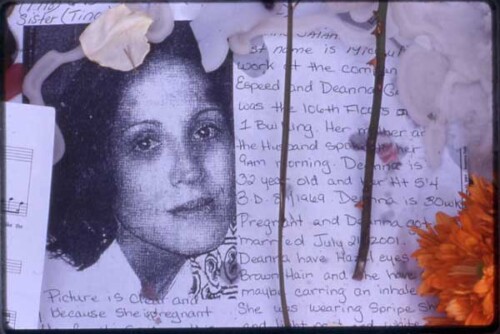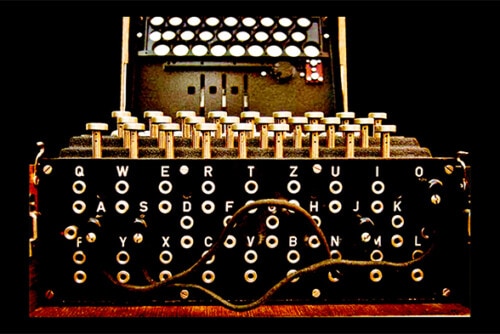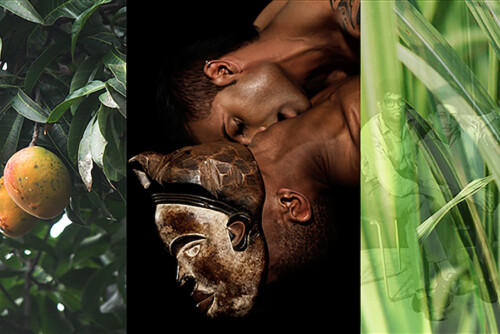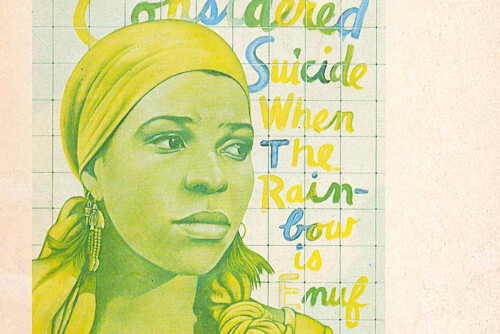Still Watching
When the planes crashed into the World Trade Center they said everything had changed. But to her it seemed more like something had snapped into place that had been building for a long time. And things would snap out of it too. It wasn’t like shock was anything new. Here was the same rude awakening from an already fitful sleep. Then the double-barreled reactions of ponderous commentary and brash action. Then the dream of some kind of return to innocent slumber.
In the first days, she would go down to the neighborhood coffee shop in Santa Fe to get the paper and rub shoulders with strangers. But the brilliant yellow chamisas and blue asters hurt her eyes and the neighborhood still lifes blurred against the buzzing of her inner ear. People were alive with stunned eye contact and tousled hair. But there was an undercurrent of deflation like something buoyant had been beached. Her inner mantra “pay attention!” was out in public and this did not feel like a good thing. What was it we were supposed to be noticing now?
She remembered the time in Vegas when her trailer was burglarized in plain daylight. Someone hurled a brick through a window on the driveway side, rifled through everything, stole a worthless old stereo, and stuck a note stuck into the living room wall with a large pair of scissors – “Yeah, boy.” A few days later, a special community meeting was called to announce that the management had put a stop to all the break ins. The manager claimed he knew who it was – some bad kids from the more run-down trailer park next door. That made her mad so she raised her hand and said “no, they’re still going on” and told her story. A line of stern looking, bulky young military men leaning against the back wall of the Quonset hut started to shift their weight from one foot to the other and murmur something about how they would put a stop to it once and for all. Then, when everyone was filing out, one of these guys caught her eye with a hard look she couldn’t quite read. Over the next two weeks people started noticing a late model, brightly colored party jeep patrolling up and down the streets at all hours of the night with its lights off. One night when she woke to the sound of it slowly passing, she looked out and saw the dark shapes of four or five men hanging off the sides of the jeep with semi-automatic guns and spotlights in their hands. It was as if some loosely floating ideals of “community” and “action” had suddenly became visceral in some literal form, merging with the graphic repetitions of reality TV to script the everyday with public/private scenes of meetings and darkened jeeps drifting by in the night. As if a violence had erupted out of the need to create a reassuring scene of respectability and responsibility. As if, in the absence of real community discussion at the meeting, consciousness itself had drifted over some line into a state of free-fall.
Things had gotten out of hand.
She and some of the others had to call another emergency meeting to get them to stop before they shot somebody’s teenager.
Now things had suddenly begun to feel like that again. She was agitated. She held her breath whenever small talk came her way. She chained herself to the grid, mainlining the details. But staying tuned in turned into just another obsession shadowing her. She floated on the surface tension of the over-charged ordinary. She did the disappearing act. She dreamed. She and her friend were fighting bad American men in a big field and suddenly one of the bad men cut off her friend’s head. She only realized what had happened when the dream action froze into a scene for emphasis. Pay attention. There was her friend’s body standing in the field but that thing on the ground next to her was her head. It was sitting there upright as if it had burst up out of the ground and her friend’s eyes were moving back and forth in dark surprise like a silent voice released through the wound.
Days passed like this. Then she took a day trip to Taos Pueblo’s annual Saint’s day celebration. There were vivid fields of high grasses softly hovering in the breeze, dogs and horses framed in quiet poses against blue mountains. The pueblo was full of grinning visitors watching the native people performing. It felt good to not have to know exactly what was happening. It was secret. Their business. Men made up in body paint and loin cloths were running around hilariously terrorizing the native vendors, snatching the round loaf of bread, or the thin, beaded necklace that had been carefully laid out for them on top of the blankets covering the more valuable things. They ran into pueblo houses and kidnapped babies, carrying them to the river to swing them, squealing, through the cold water. They splashed the spectators with buckets of water. We lurched back into the crowd when they came near, frantically giggling at the threat of eye contact. Then things settled back into eating and shopping and milling around.
Later, the clowns went inside the ceremonial circle where the religious leaders were waiting. It had begun to storm. There was thunder and lightning, a cold rain and a fierce wind. In the center of the circle, a sixty foot rough-hewn pole towered over us. At the top, lashed to cross ties that made the pole look like a huge crucifix, was a slaughtered sheep and two big, brilliantly colored cloth sacks full of offerings – one orange, one yellow. Thirty foot streamers flapped wildly in the wind. Two strong men made the climb, straining under their own force. Then one of them stood precariously on the top of the pole, untied an American flag from the back of his loin cloth and held it in the wind over his head for a long moment, lightning flashing in the sky around him. It was amazing. She was transfixed. When he dropped the flag, one of the religious specialists snatched it out of the wind before it hit the ground. Who knew what it all meant?
A fantasy crossed her mind of staying here. Being whatever this place was. A free-floating mystery charged with drama and beauty.
Works Cited
Ngai, Sian. “Jealous Schoolgirls, Single White Females, and Other Bad Examples: Rethinking Gender ad Envy.” Camera Obscura 47, 16.2 (2001): 177-229.



